-
Planning an Award-Winning National Night Out Event
National Night Out is an annual event that promotes partnerships between communities, residents and local law enforcement. Celebrations can range from individual block parties to a large community festival. Either way, it’s a great opportunity to create connections between neighbors and focus on working together to make your community a safer, better place to live. This national celebration has become an annual tradition in many communities far and wide and we want to help you put together the best National Night Out event your association has seen yet. -
HOA Lighting Rules: How Your HOA Can Prevent a Holiday Light Trespass Issue
Holiday lights can brighten the community, but they also have a down side. Learn tips to minimize issues in your HOA with sensible policies. -
Set Holiday Décor Standards Without Being a Scrooge
It's easy to get enthusiastic about holiday decorating. How do you keep your residents from going overboard without being a scrooge? Read on for simple tips to keep holidays in your community merry! -

Four ways to set decoration policies for your condominium corporation without being a grinch
Lights, candles and wreaths, oh my! The most decorated season of the year is arriving, with celebrations from many cultures and faiths coinciding in the next few months. For condo communities, the desire to deck the halls can clash with the rules of the corporation. Follow these tips to maintain a festive community without décor running amok. -
Renting your condo: Understanding the Condo Property Act of Alberta
When renting your condominium, both owner and tenant have responsibilities under the Condominium Property Act of Alberta (CPA). These are in addition to rights and responsibilities for landlords and tenants covered in the Residential Tenancies Act (RTA). -
Seven Tips for Preparing an Effective Annual Budget
Proper condominium management depends upon the annual budget for both short- and long-term financial planning. It’s important to follow some guidelines to ensure the success of the community and protect the investment of the owners. -
Long-Term Community Planning is Your Legacy
Adequate funding and planning preserves your community for future residents. -
Managing Package Deliveries During the Holiday Season
Managing package deliveries has become a necessity for condo associations and as the holidays arrive it's more important than ever to be organized for the onslaught deliveries. Check out our tips for managing packages during this busy time of year. -
Florida HOA Laws 2020
Learn more about which Florida HOA laws passed in 2020, and how these new bills will affect your community. -
Florida Phase 3 Guidlines for HOAs and Condos
Get the latest Florida phase 3 property management guidelines to ensure your association is compliant. -
Winterizing Your Community Association
Now is the time for building engineers to winterize their buildings to protect them from harsh Illinois winters. -
Local Law 152: Updated Requirements for Boards and Buildings
Is your building prepared for Local Law 152 gas piping inspections? FirstService Residential recommends getting ahead of schedule to avoid unforeseen deficiencies and costly fines. -

FISP (Local Law 11) - Understanding Cycle 9 Requirements in NYC
FirstService Residential has invested substantial resources to facilitate each of our managed properties with facade inspections and is here to help you navigate the many intricacies of FISP. -

Watch the Webinar: Lifestyle Trends for 2021
Catch our latest online discussion with our lifestyle gurus, who'll discuss this year's lifestyle trends, best practices and hosting virtual events. -
Don’t Be the HOA Bad Guy: 4 Proven Policy Enforcement Tips
Enforcing HOA policies is nobody’s cup of tea, but having good policy enforcement in place helps improve the resident experience and elevates your reputation. Follow these 4 principles for healthy policy enforcement: -

Automating Compliance & Inspections for Multifamily Buildings in NYC
Robust automation software can help boards and building owners in New York City satisfy local law compliance deadlines and inspection cycles. -
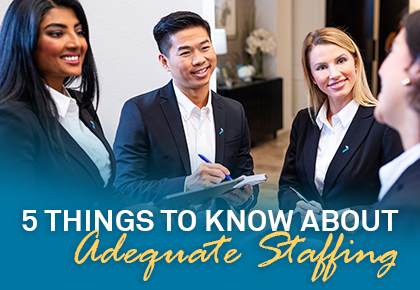
5 Things to Know About Adequate Staffing
Does your homeowners association have adequate staff for the services that you provide? Learn how to staff your community effectively. -
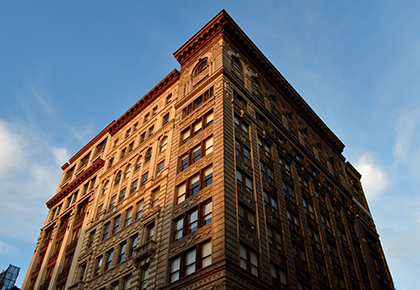
New York’s Climate Mobilization Act | Frequently Asked Questions
FirstService Residential helps condo and co-op boards navigate CMA compliance, avoid costly fines and identify incentive programs that reduce the cost of building upgrades. -
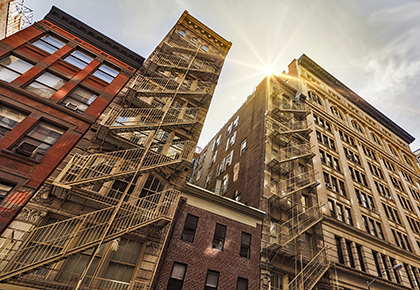
Local Law 97 Updates: Building Energy Grades & Emissions Compliance
Local Law 97 impacts roughly 50,000 buildings across the city, a majority of which are multifamily residential properties. -
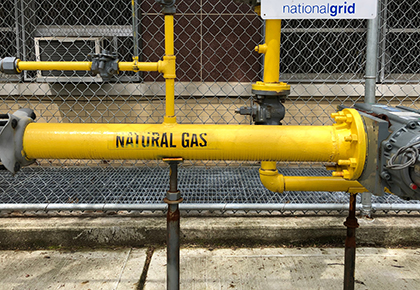
New York City Council Extends Local Law 152 Inspection Deadlines for Boards & Building Owners
As of November 2021, the New York City Council has extended Local Law 152 gas pipeline inspection deadlines for boards and building owners through June 30, 2022. -
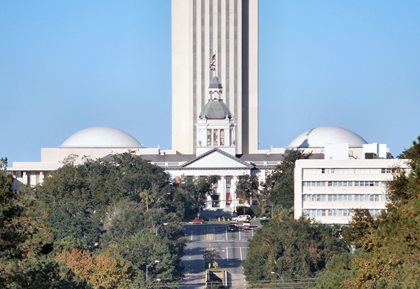
The 2022 Florida Legislative Session And Why It’s Important For Community Associations
On January 11, state lawmakers will assemble for the annual 60-day legislative session. This session will cover a list of key issues and promises to be an active one for community associations for two particular reasons: the impact of the collapse of Champlain Towers South in Surfside and the skyrocketing cost of property insurance. -

FAQ: How New York City’s COVID Vaccination Requirement Impacts Boards & Building Owners
As of December 27, 2021, New York City’s Department of Health requires building workers who perform in-person work to show proof of vaccination to their employer. -
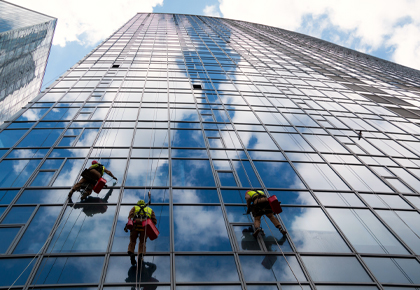
FAQs: The impacts of prevailing wage in NYC
Beginning July 1, 2022, condominium and cooperative buildings in New York City must begin to pay building workers a prevailing wage or forfeit their eligibility for the Cooperative and Condominium Property Tax Abatement. -
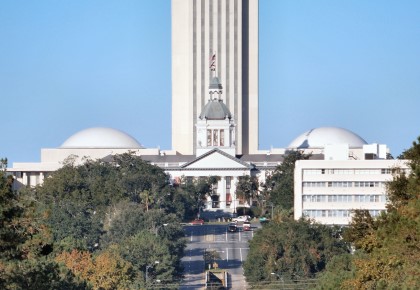
2022 Florida Legislative Session: Update on Key Bills
Learn about the main bills addressed this session that will impact Florida's community associations and those who live and work in them.